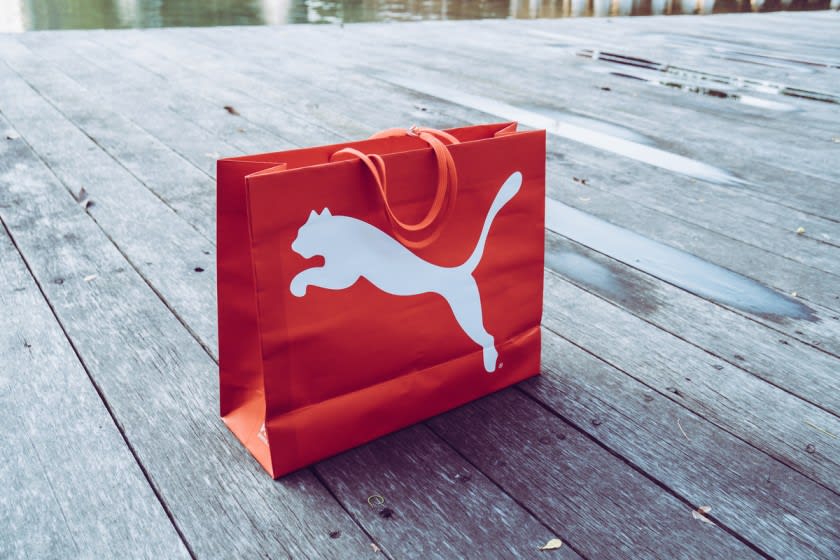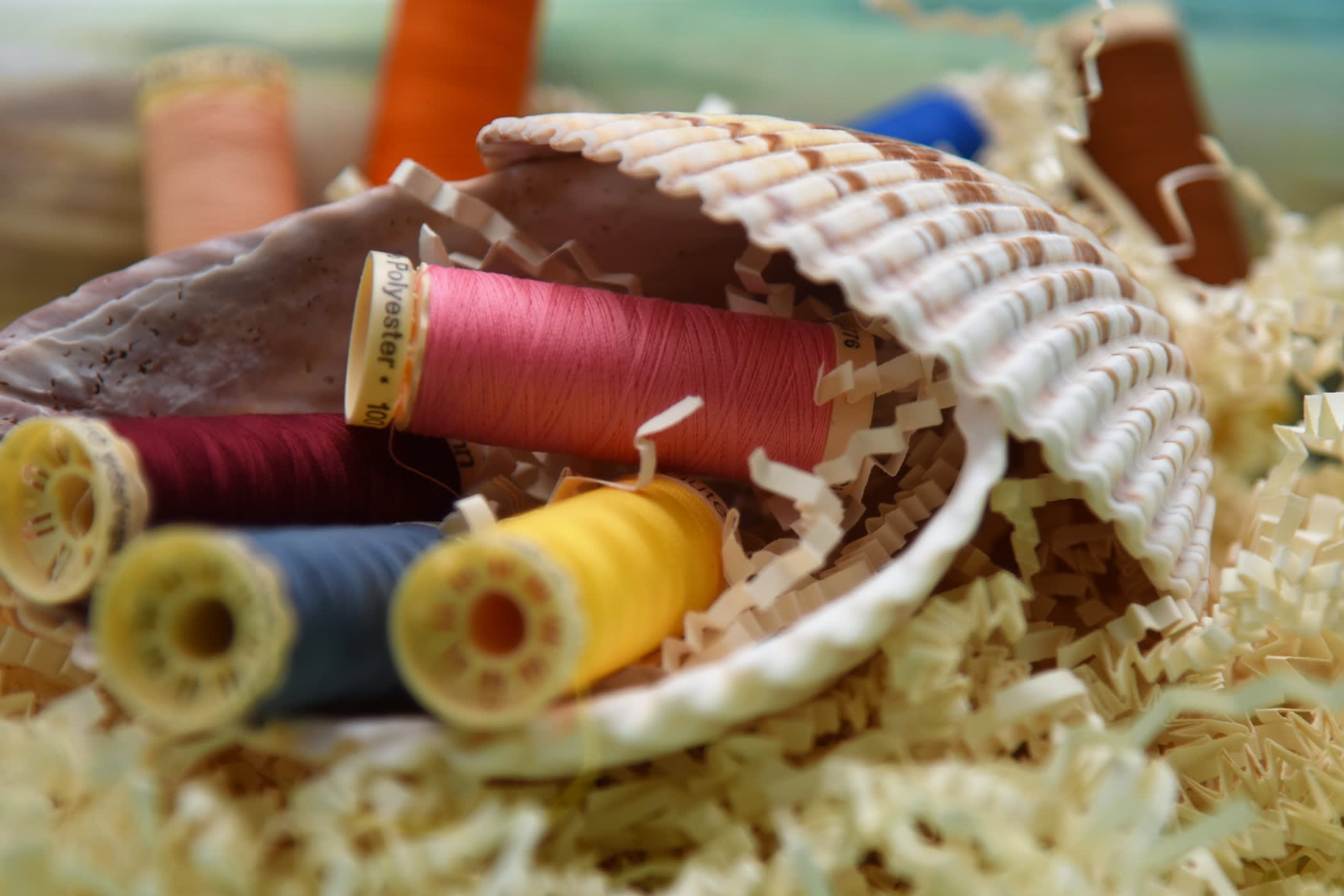A Roadmap for Process Improvement and Cost Reduction for Fashion Brands

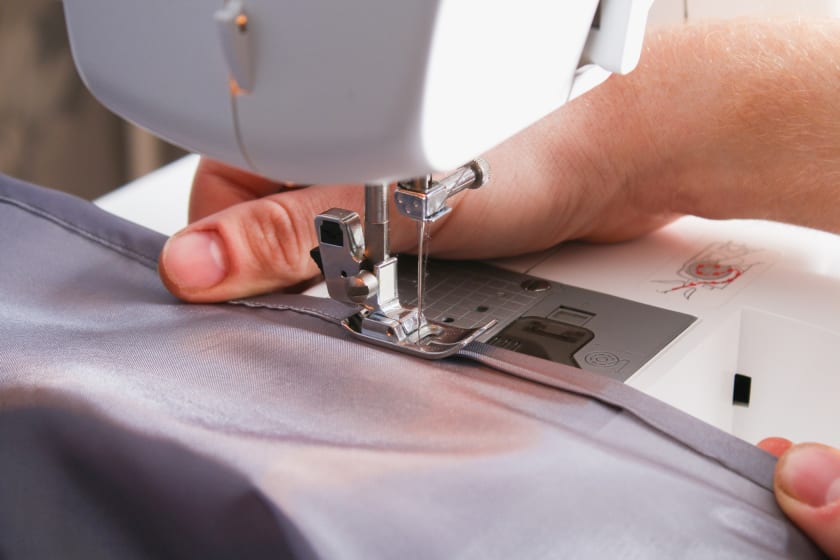

It is disturbing to hear that fashion has not altered much in the last two decades, despite being one of the world’s largest industries. The industry must combine the “science” of highly successful procedures with the creative “art” of fashion to deliver their best when the customers demand.
As fashion becomes more of a winner-take-all industry, getting this approach correct is critical. Fashion companies, on the other hand, may still enhance their processes.
How to improve the process for fashion production and reduce costs?
Here are four ways of process improvement for your fashion brand.
1. Research & Analysis
If one enters into an issue without first comprehending it, the only consequence will be a disaster. Before beginning any job, no matter how huge or tiny it may appear, it is critical to conduct thorough study and preparation.
For example, in the case of garments or fashion-oriented items, research might include a thorough examination of current fashion trends and forecasts. Fashion predictions can be designed to meet the customer’s needs or based on current ones on the market.
For process improvement, cut costs by gathering data through surveys and focus groups. For instance, Amazon uses data analytics to employ vendors and suppliers for its eCommerce platform.
Better still, manufacture samples and solicit pre-orders before committing to a large manufacturing order; this will ensure at least a certain number of sales, ensuring a return on your investment.
2. Manufacturing Sustainability
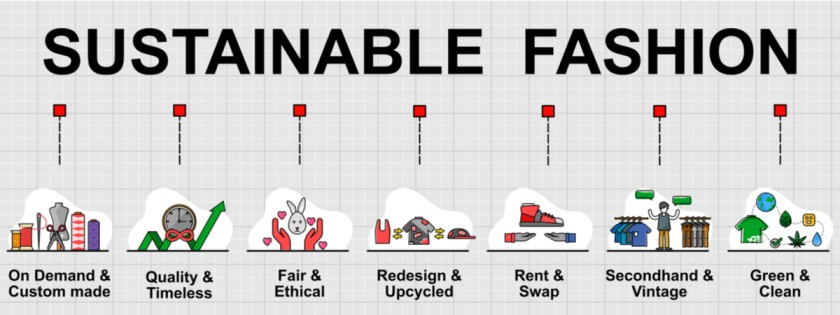
This stage is the point at which the actual design process begins. Make prototypes once you define the physical structure, form, and other factors. The thoughts and concepts that were previously decided and discussed begin to take shape. We can see how the finished product will look for the first time.
Simplify your clothing designs to make it easy for factories to produce them at a lower cost. Complex fashions with many technical aspects take longer to make, but a plain t-shirt doesn’t require many processes.
For instance, H&M recently started a new line of clothing called ‘H&M Conscious’ because, upon research, they found out that consumers were skeptical of sustainability aspects in fashion. Hence, they took a step towards sustainability in their market and made changes accordingly.
Consumers only notice the product, but the product’s and concept’s success is dependent on rigorous and serious planning, research, and manufacturing decisions.
More customers and fashion firms are turning to “slow fashion” process improvement as an alternative to the lengthy and expensive production process. As an outcome, more firms choose productivity and sustainability over rapid fashion, and more consumers are selecting conscientious labels.
3. Use Modern Marketing Strategies
Traditional advertising strategies might be costly. Therefore, you should think about less expensive approaches to fashion marketing.
Every day, mobile technology advances further, which brings a variety of process improvements. Digital retail is the ultimate unique technology, from Insta shopping to smart wallets. Apple and Android Pay, which are continually evolving with new technology such as biometric and face recognition, are set to become the primary payment method for retail transactions.
Technology enables excellent cost reduction. You may use these channels to promote your items for free and enhance customer interaction. Paying for ads on Google or social networking platforms costs less than marketing on television.
For example, Myntra and other online fashion portals use AI and technology to create a section called ‘Shop the look’. It allows consumers to shop for specific looks or parts of them. In this way, the portal uses technology to aid new experiences and marketing strategies.
This strategy increases their visibility and gives them more opportunities to sell. Advertising costs might be high, but companies can put their money into other aspects of their business by adopting these ways to reduce them.
4. Employ Novel Fabrics
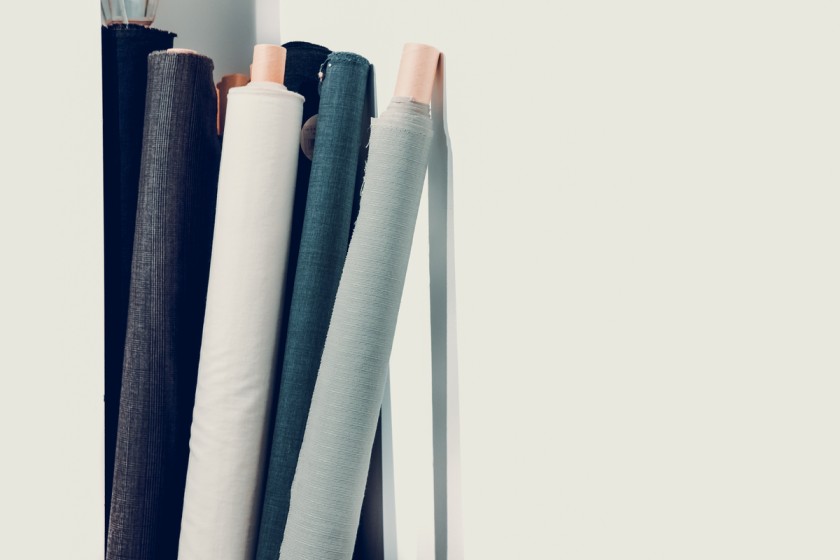
Novel materials are probably the future of fashion, as they provide yet another method for designers to differentiate themselves while also appealing to consumers as a sustainable alternative.
ColorFab 3D, a technology developed by MIT researchers, is one of the most recent interactions in printed things that change color and maintain process improvements in fashion brands. This method uses “photochromic inks,” which change color when exposed to Ultraviolet radiation at specific wavelengths. A ring, which can be programmed into various colors, was one of their initial products.
Modern Meadow, for example, is tackling this by developing lab-grown leather that does not kill animals. On the other hand, Bolt Threads and EntoGenetics are producing super-strong spider silk. These instances show how new textiles will practically reshape the clothes we wear every day.
Brands should also inquire about what fabric patterns and characteristics are regularly renewed by fabric suppliers and/or the manufacturing sector. You won’t have to buy more fabric for refreshes than you need because you are afraid it won’t be ready if the business uses these fabrics. And the most critical advantage is that fashion brands won’t have to wait long to fill reorders.
Conclusion
Fashion brands must take steps towards process improvement in fashion manufacturing, production, and advertising. Art, elegance, invention, program management administration, superb research, excellent analysis, and mind-blowing artistry are design components.
The performance of the fashion brand is then the responsibility of retail specialists, who bring their expertise in intelligent visual merchandising, exceptional selling abilities, and spectacular marketing and advertising to the table.
If you are looking to source sustainable fabrics as a part of your process improvement, Fashinza can help you. So, get in touch with Fashinza.















